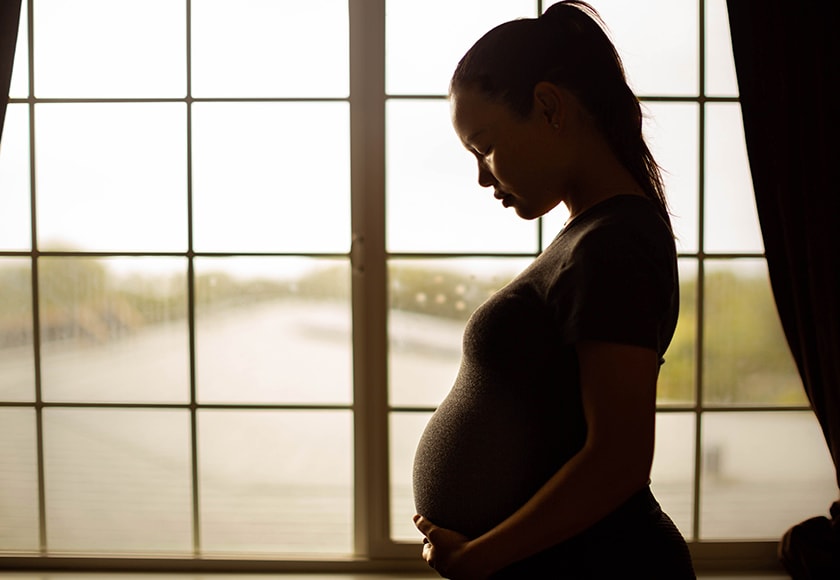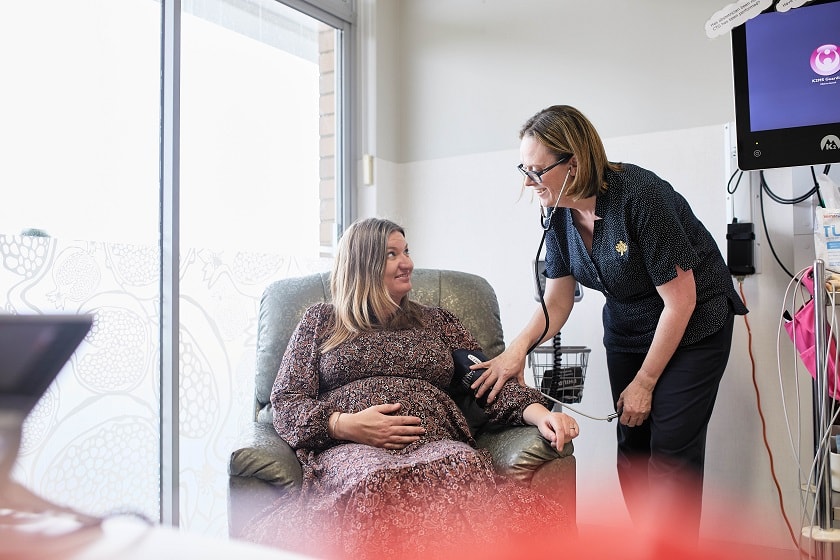First published 26 April 2024. Updated 28 August 2024.
Around a third of women report that their experience of giving birth was traumatic. For some women, this can lead to a range of emotional health challenges, including difficulties bonding with their baby or childbirth-related PTSD. The impacts of birth trauma can also affect fathers and other non-birthing partners.
More than 4,000 submissions were received for the recent NSW Select Committee on Birth Trauma. Six hearings held across Sydney, Wollongong and Wagga Wagga over seven months continued to amplify the voices of birthing and non-birthing parents, service providers, community organisations, researchers and professional groups. These submissions and hearings shone much light on factors that contribute to and exacerbate physical and psychological birth trauma, short- and longer-term outcomes, and opportunities for prevention and early intervention. The Senate Committee released its final Birth Trauma Report in May 2024, which included 43 recommendations to the NSW Government that aim to address preventable birth trauma – the Government’s response to these recommendations is expected to be released later this month.
The 2023 update of Australia’s Clinical Practice Guideline for Perinatal Mental Health also includes consensus-based recommendations for the prevention and management of psychological birth trauma among women. These include using tools like the Antenatal and Postnatal Risk Questionnaire (ANRQ/PNRQ) to gain knowledge about a woman’s risk of experiencing birth as traumatic.
Our own research using the PNRQ, presented as evidence during the inquiry, found that around 30 per cent of women receiving care in our specialist mother-baby unit reported that their experience of giving birth was disappointing or frightening. But help is available, and our mother-baby unit team are proud to support parents to care for their baby while recovering and caring for their own physical and emotional health.








